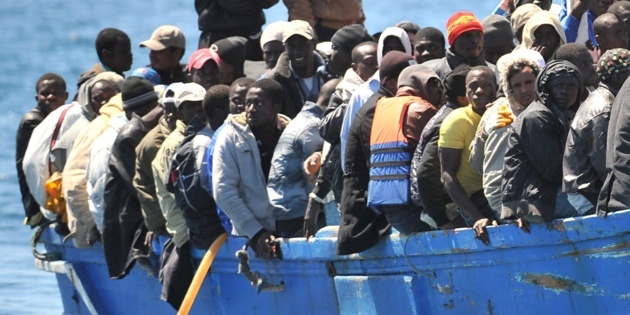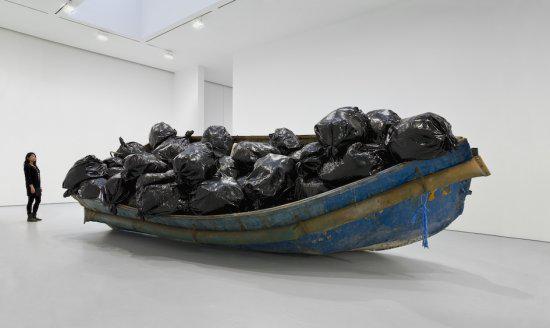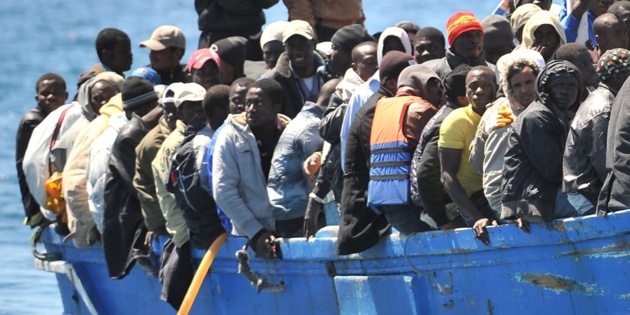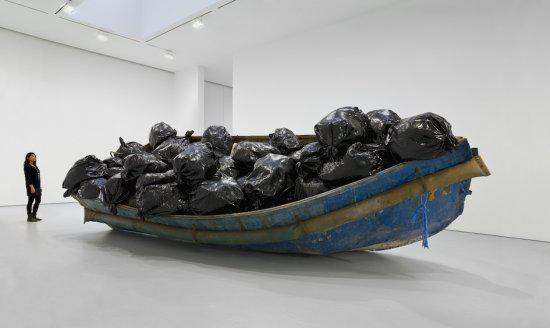
Crédit DR
Inefficient security measures backed by questionable ethics, have been criticized due to the increasing number of victims from infamously small island. The phenomenon has turned immigration into a threat meant to be contained, a sort of vector of terror and traffic. However, migration, which in this sense is now criminalized, has found a way to breach the fence.
The efforts made to “force people” northwards has revitalized the Sahel-Saharan region. Rather than being a factor of destabilization, immigration has indeed galvanized the area. It has had a tendency to restore the historical purpose of the Maghreb : that of being an interface between the Sahel and Europe, not a barrier.
Stepping Outside the Security Rhetoric
Darkness, sadness and banality are what will become of immigration. The migrant, a human being with no belongings, has become an annoying statistic, a worrying mirage we try to “handle”, “canalize” and “externalize”. In a scary move, Adel Abdessem reveals Europe’s task : the migrant is rubbish—marine pollution that must disappear, that has to be treated and is expensive.

Crédit DR
This is why along the years, a whole safety system has been established : police protection, legislative and diplomatic forces, in disregard of the right to asylum or basic human rights. Some are even already talking of a militarization of the Mediterranean area.
Though the case may be shocking it is hardly an attempt as noble as that of an accusation. It does not have the authority or the originality of one but it does offer up an alternative vision to scramble the upsetting Manicheaism that structures this debate and to remind us all that ultimately, as Jean Bodin said, “the only wealth is man”.
Indeed, despite increasingly restrictive policies and more and more severe measures of control, immigration is not coming to a halt. To whom is it to crack down on dreams ? Given the administrative constraints and the identity-related constraints of each society, immigration is a very flexible, reversible, and volatile phenomenon whose main dynamic is that of redeployment and constant reconstitution.
Seen only through the prism of the fear for our security , it would appear that our point of view on immigration is locked in a Eurocentric approach. We know how migrants are seen for the North, but what about the South ? Has the implementation of our security control measures no consequence ? Is migration a burden to transit countries or an opportunity ? Are we finally the source of a growing commoditization of human beings or dramatically, the materialized legitimization of trafficking and torture halfway houses ?
We talk about terrorism, poverty and destabilization but always as a threat to our interests. We should reverse this tendency and discover the point of view of this third world which no longer speaks its name and about which everything we ultimately ignore.





























